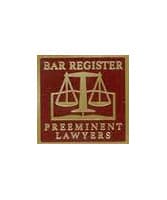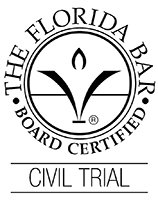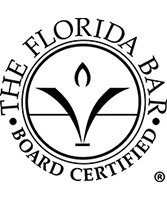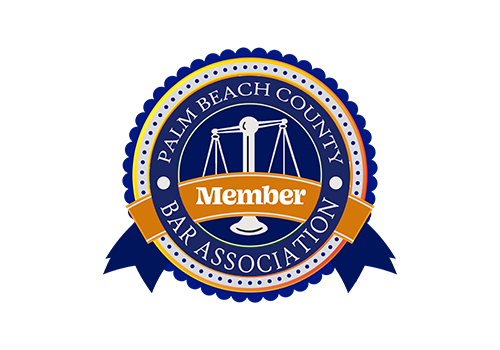When Is Mediation Not Appropriate?
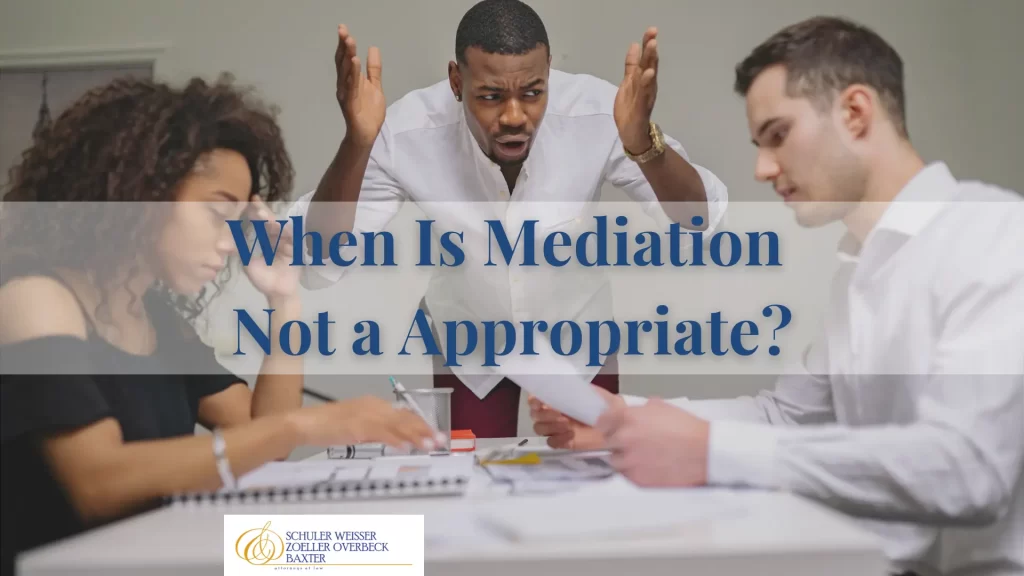
Mediation can be a cost-effective and efficient way to resolve disputes since it allows people to come up with creative solutions that may not be possible in a courtroom. Yet, mediation may not be appropriate in situations where parties lack good faith or if one holds significantly more power or resources. Here, we’ll explore mediation, its advantages, and instances where it may not be the ideal dispute resolution method.
What Is Mediation?
Mediation is a negotiation process that is voluntarily entered into by the parties or required through court orders or contracts. Mediation aims to facilitate an informal and nonconfrontational conversation between parties, with monitoring and guidance provided by a third party. This will influence individuals to reach a mutually agreed resolution.
Who Can Be a Mediator?
A mediator is often an impartial, state-certified attorney serving as a neutral facilitator in mediation. In mediation, the mediator assesses evidence, provides legal advice, and guides conversations for focused settlement efforts.
Benefits of Mediation
Mediation’s success increases when both parties aim for a mutual resolution and are willing to compromise to reach an agreement. In addition, courts, defendants, and even plaintiffs tend to like mediation because of the following benefits:
- Confidential conversations – Mediation encourages informal, nonconfrontational discussions, which are more likely to result if conversations are confidential. This is because the parties are more willing to discuss the strengths and weaknesses of their case openly with the opposing side when the information cannot be used against them unless the communications fall within one of the limited exceptions.
- Cost-effective compared to trial – Trials can be costly. Although mediators do charge a fee, it remains inconsequential when compared to the expenses associated with a trial. When parties choose mediation by mutual agreement, they and the mediator agree on either hourly or flat-rate fees.
- Can lead to faster resolutions than going to trial – The trial, from preparation to resolution, can take months or even years to conclude.
When You Should Avoid Mediation?
 While there are benefits that make mediation appealing, that does not mean mediation is the right answer for all cases. Mediation necessitates parties willing to cooperate for resolution; thus, it’s likely to fail if any of the following apply.
While there are benefits that make mediation appealing, that does not mean mediation is the right answer for all cases. Mediation necessitates parties willing to cooperate for resolution; thus, it’s likely to fail if any of the following apply.
- Malicious intent – When a case results from a party’s malicious intent, mediation will likely be contentious because of the emotion because the incident occurred due to someone’s intent. For example, suppose someone has road rage and runs someone off the road. In that case, mediation is unlikely to be successful because emotions are running high on both sides, likely resulting in arguing rather than an informal nonconfrontational conversation focused on resolution.
- Bad faith – If bad faith is suspected, mediation may be unsuitable and prone to failure. For example, mediation will be unsuccessful if a party wants to know more about the other side’s case. The party joins mediation not to resolve but to gain insight and advantage over the opposing party.
- Inability to communicate – Similar to cases involving malicious intent, excessive bitterness or communication breakdown makes a mutual resolution improbable. For example, even if the case was not a result of malicious intent, but the parties cannot agree on terms for other reasons, mediation is unlikely to be successful because the discussion will be confrontational rather than working towards a common goal – settlement.
Contact Us Today
The West Palm Beach personal injury attorneys of Schuler, Weisser, Zoeller, Overbeck & Baxter P.A. are here to help you if you’ve been injured in an accident. Although mediation can sometimes resolve these cases, there are instances where it is not appropriate, and pursuing litigation will be the best way to recover what you’re owed. If you have an injury claim, our team will review your case and help you understand your legal options. Contact us today at (561) 689-8180 or online for a free consultation.
Related Reading:



